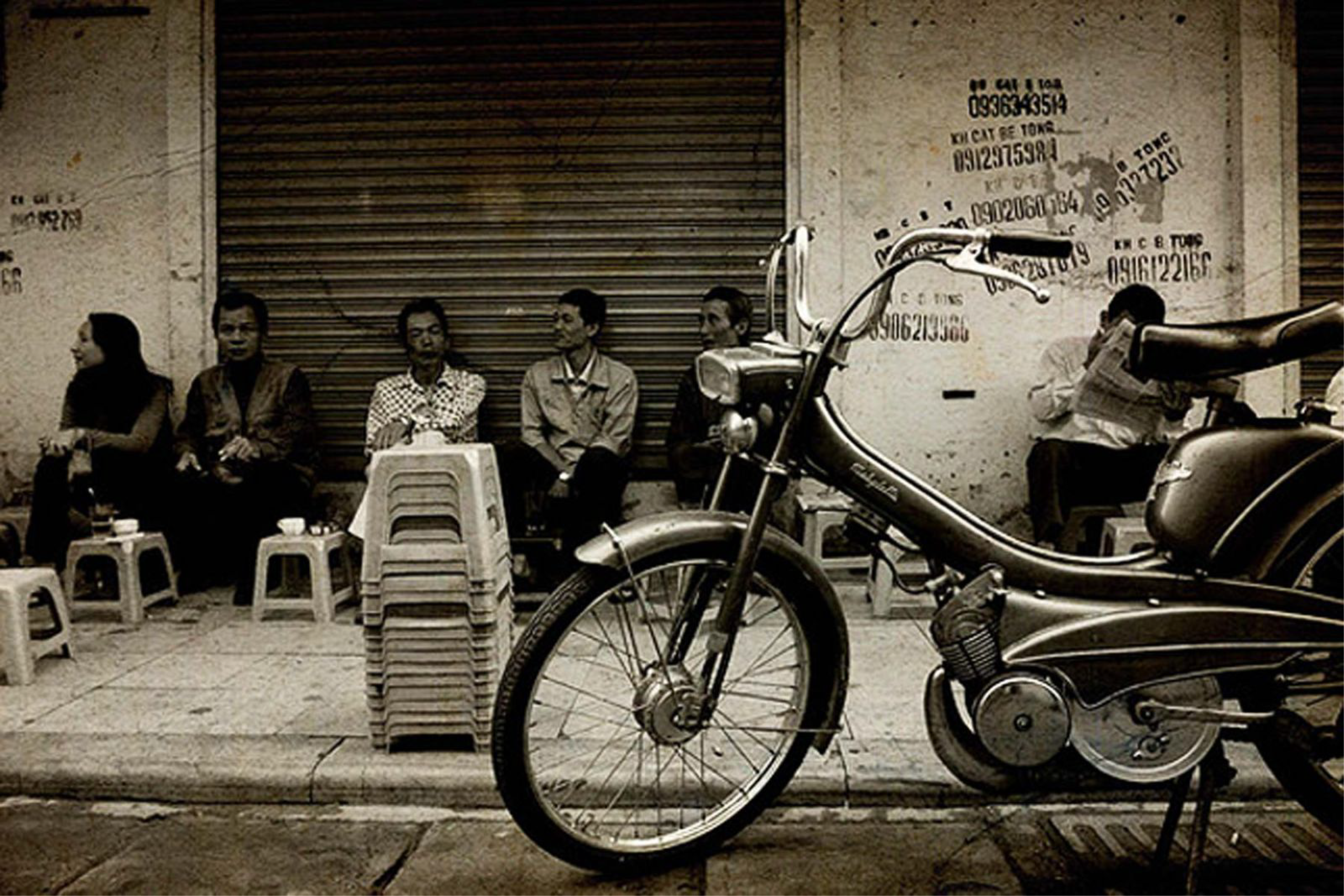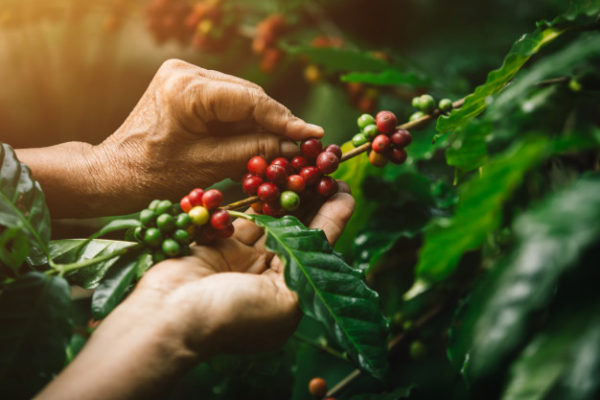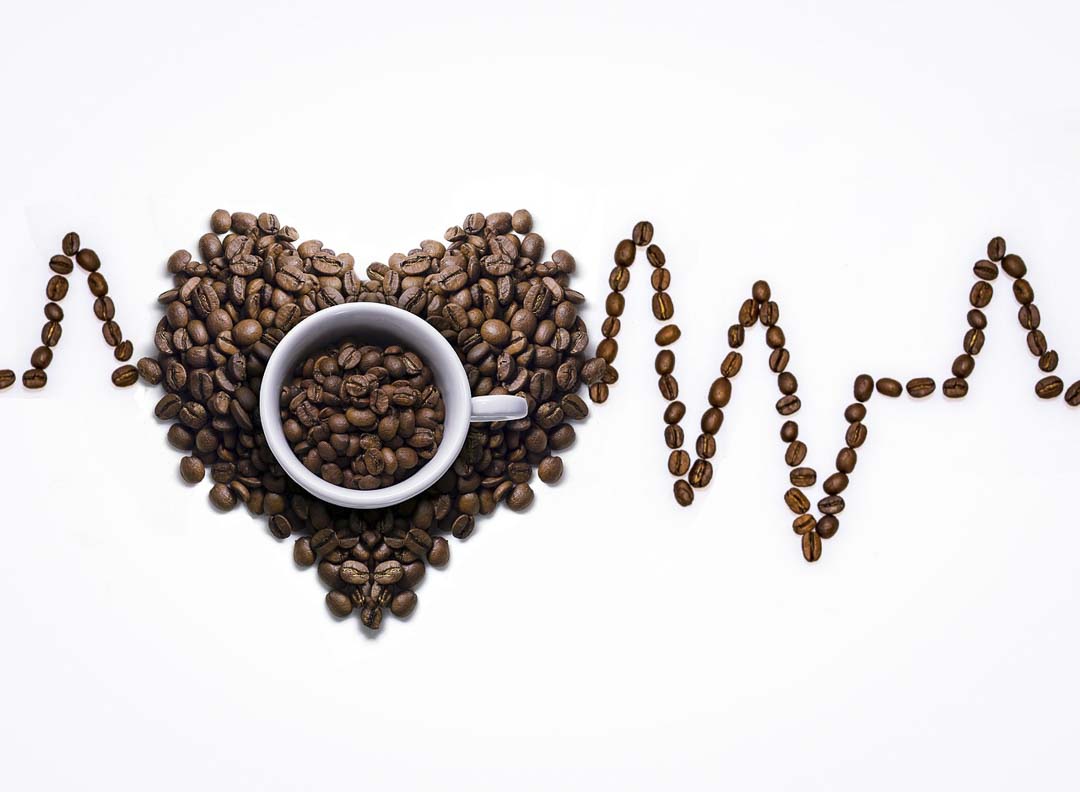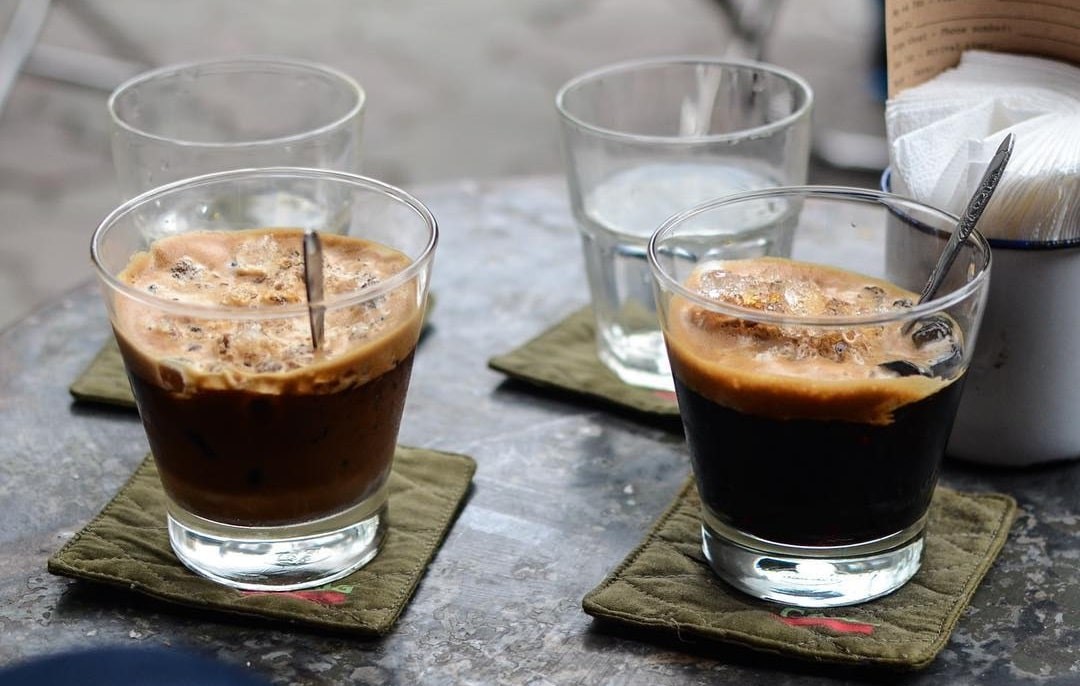Why brew coffee with hot water?
Why brew coffee with hot water?
At different times in history and in many cultures, coffee has mostly been boiled with water to form a thick, dark, and bitter drink. With the coffee tree's journey to conquer the world, we've found better ways to make it. With useful scientific knowledge, a traditional belief has been established that coffee must be brewed in hot water. And never, in history, has coffee tasted better than in the decades to come. In the third wave, however, art in the opposite direction of science recognized cold brew as a way to drink coffee without the use of heat.
Why brew coffee with hot water? Join Huongmai to refer to the article below.
Why make coffee with hot water?
Today, with the popularity of cold brew, trendy modern methods of brewing coffee, brewing in hot water, which was traditionally the preferred method, is no longer the only one.
Heat is perhaps the most common form of energy used to make coffee. And there are two reasons for this. First, the hotter an object is, the more energy it has. Therefore, the hotter it is, the more molecules (or atoms of matter) vibrate (i.e. the greater the kinetic energy). Second, temperature follows the energy transfer rule, going from molecules with high energy to molecules with less energy.

make-coffee-with-hot-water
This applies to brewing coffee in two ways. First, the higher the temperature, the higher the kinetic energy of the water molecules. As a result, they are more mobile which increases their ability to remove compounds from the coffee beans due to stronger physical forces – Simply put, the temperature helps to dissolve the coffee in water better. Second, heat from the water is lost during extraction due to heat conduction through the coffee, brewing equipment, environment, etc., so hot water provides a compensation for the coffee to stay hot enough after phase – this is really important.
Because the right water temperature will help you feel the flavors from the coffee better. If the temperature is low, the coffee may taste thin (low viscosity), flat, and have low flavor intensity. As the temperature increases, the molecules dissolved in the extract increase their activity, resulting in a clearer, richer and more delicate taste. Normally, cold coffee will have a more bitter and sour taste. However, it is not actually the bitter or acidic substances that increase, but because the familiar flavors are then reduced in activity, allowing the sense of smell and taste to be more perceptible than other flavors.
The best temperature for brewing coffee
Finally, what water temperature is enough to extract all the flavors in the coffee in a balanced and delicious way? Although that decision is up to the individual, more than half a century of research has determined that most people prefer coffee that is brewed with hot water around 90 to 96°C (range 194 -205 °F).
This desired temperature range is slightly below the boiling point of water (100 degrees Celsius at standard pressure). If the temperature is too low, some key compounds will not be extracted effectively and one will not get all the desired flavors, high temperature will favor the extraction of insoluble compounds – Like As depicted in the chart below, the bitter, astringent, phenolic compounds are soluble over a very high temperature range and affect the overall flavor balance of the coffee.

the-best-temperature-for-brewing-coffee
Professional baristas use thermometers (or kettles with thermometers) to keep the water temperature stable. Although you can easily order it, if you feel it is not really necessary for home preparation. Simply take out the pot of boiling water and wait for about 30 seconds to a minute before pouring.
Master the taste with temperature
As mentioned earlier, the efficiency of the extraction process depends on the solubility of the extracted molecules. Accordingly, the solubility of most compounds in coffee usually increases with temperature. However, this relationship does not always "increase" linearly in all cases. Therefore, the solubility ratio between citric acid and caffeine will vary depending on the water temperature.
This also explains why coffees extracted at low water temperatures (e.g. cold brew) often lack strength due to less total dissolved solids as well as lack of solubility of compounds. strong impact on taste. However, this can be partially compensated by a much longer extraction time.
Another effect of water temperature that is more physical, is that at higher temperatures, the viscosity of water decreases. The lower viscosity means that water can easily penetrate the coffee bean structure and enter the spaces (even inside the fibrous cell structure) to dissolve the compounds present in the coffee get high. This effect explains why the amount of oil (lipid) in coffee increases with increasing water temperature.

taste-with-temperature
Volatile compounds and water temperature?
For volatile compounds things are a bit more complicated, and it involves several other laws of physics. To put it simply, the solubility of a gas also depends on the water temperature, but vice versa for a solid. Consistent with Henry's law, rising temperature causes gas molecules to enter the gas phase (evaporation). Therefore, the aromatic compounds in coffee will be released into the air during the extraction process, the higher the temperature, the more aroma will be lost. Of course, the spread of coffee aromas during extraction (and soon after) contributes to the perception and experience of both flavor and taste as a whole, but reduces their concentration in the cup.
It can be seen that, in order to filter the quintessential and best quality coffee drops, hot water at a standard temperature is always the most effective and optimal solution. Depending on the taste, Huongmai Cafe hopes that each person will have objective comments and assessments.
To have a delicious cup of coffee is a process and you are the one to decide, regardless of the method of preparation.












